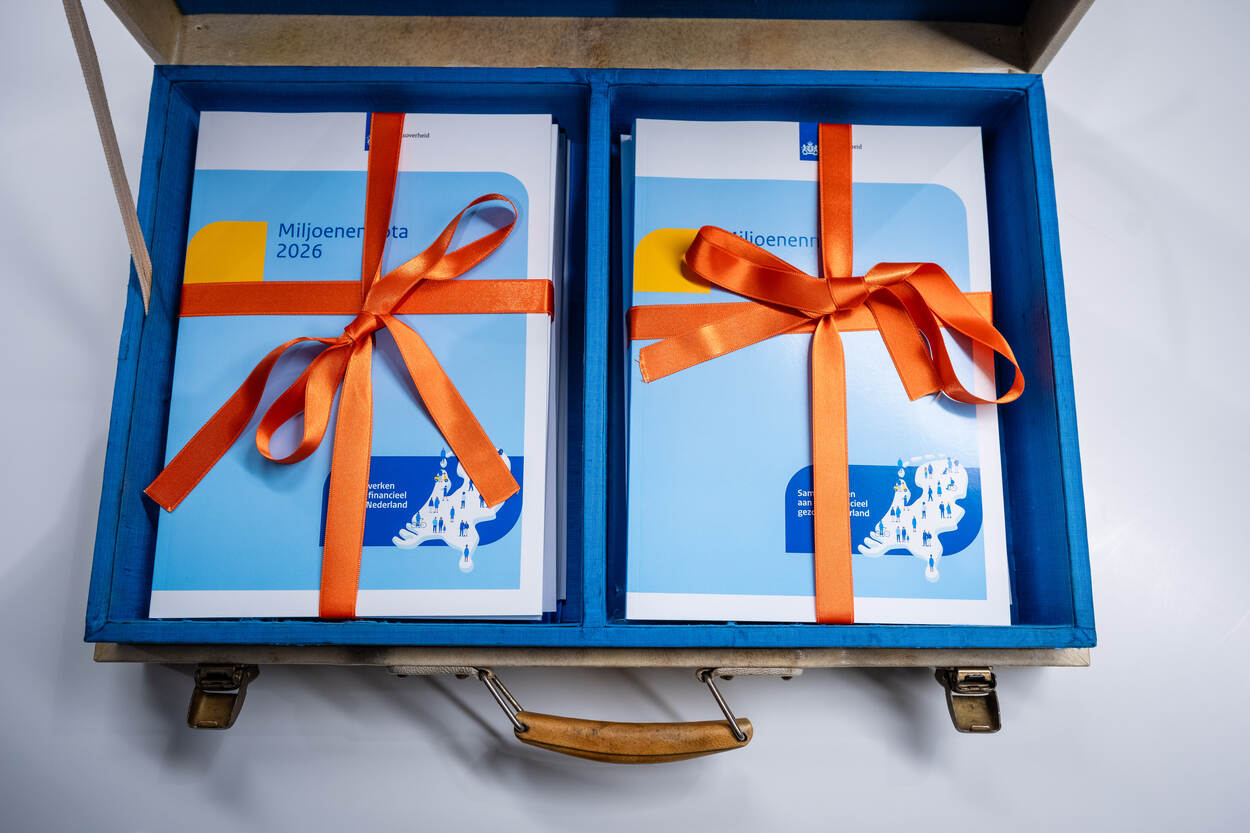‘Prinsjesdag’: Proudly Powering the ‘Miljoenennota’ for Over 10 Years

At Tangelo, ‘Prinsjesdag’ is always a proud day for us. Behind this day of tradition and ceremony, we help power one of the Netherlands’ most important annual publications: the ‘Miljoenennota’ (Budget Memorandum) and related budget documents.
Horses, Hats, and History
‘Prinsjesdag’ (the third Tuesday in September) is when the Dutch Government presents its plans for the coming year. The King and his family ride from the palace in The Hague to the government buildings in the ‘Glazen Koets’ (Glass Carriage), where the King delivers the ‘Troonrede’ (Speech from the Throne), summarizing the government’s plans and budget priorities.
A Massive Production Powered by Tangelo
Behind all this ceremonial splendor – including the famous hats worn by ministers, parliamentarians, and guests (a challenge in the Dutch wind and rain, as was the case this year) – lies a massive production process powered by Tangelo. The ‘Miljoenennota’ and related documents are produced by the Dutch government departments, with a leading role for the Ministry of Finance. The Minister of Finance traditionally presents the documents to parliament in “het koffertje” (the briefcase).
These documents amount to thousands of pages each year. The collaboration, data synchronization, and automated typesetting capabilities of Tangelo ensure that all documents are produced efficiently and consistently, and published in multiple formats. This has been done with Tangelo for over ten years, and every ‘Prinsjesdag’ remains a special moment for us.
If you want to read the official documents (in Dutch), you can find them here:
Want to see other reports produced with Tangelo?
